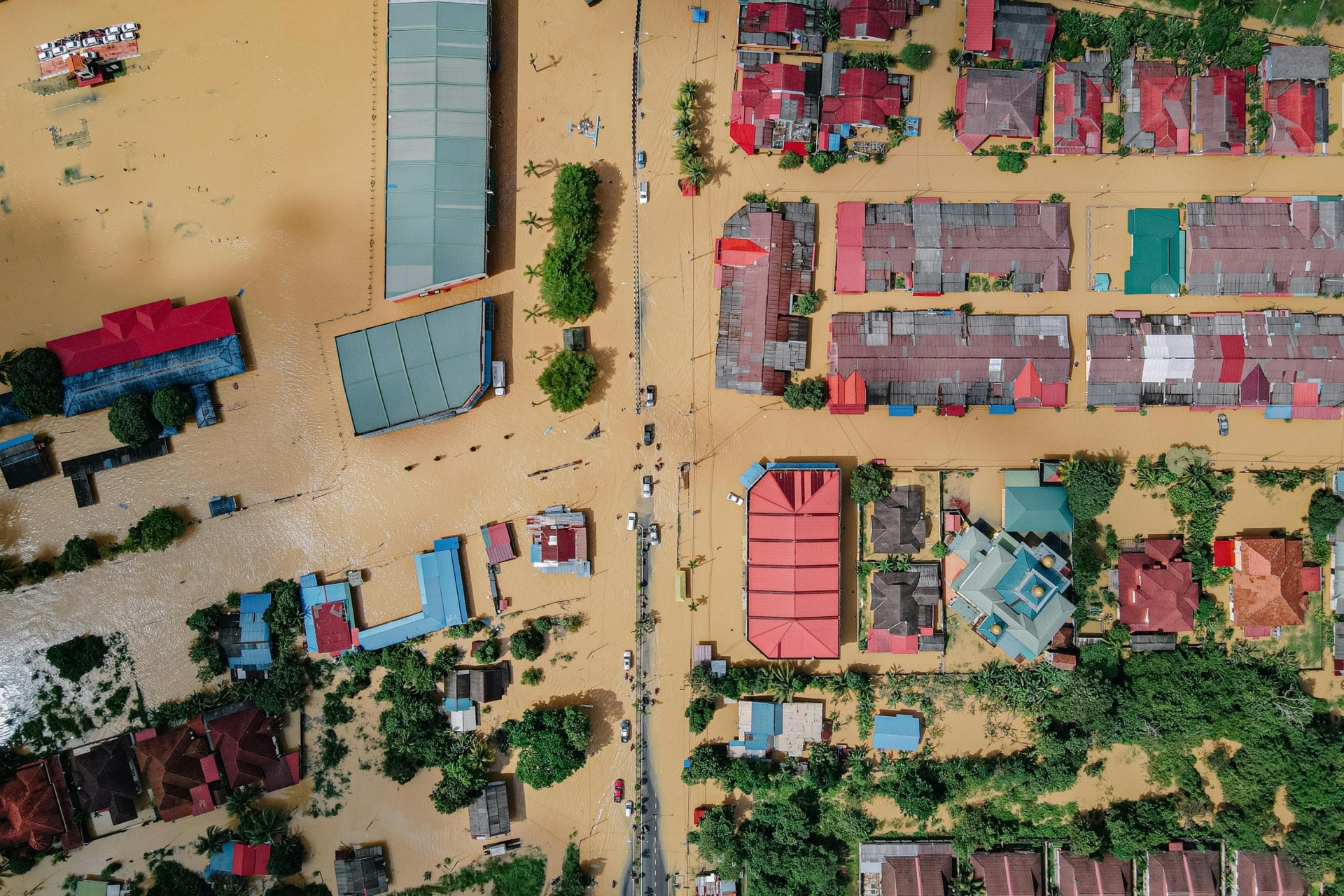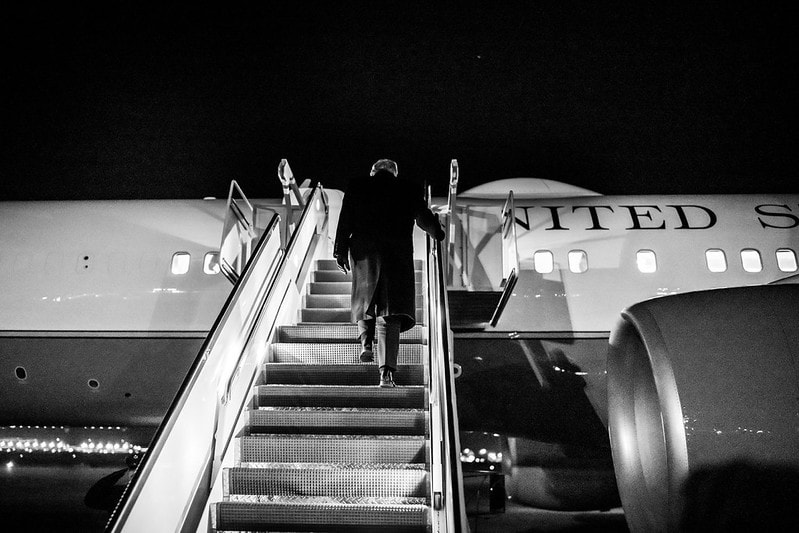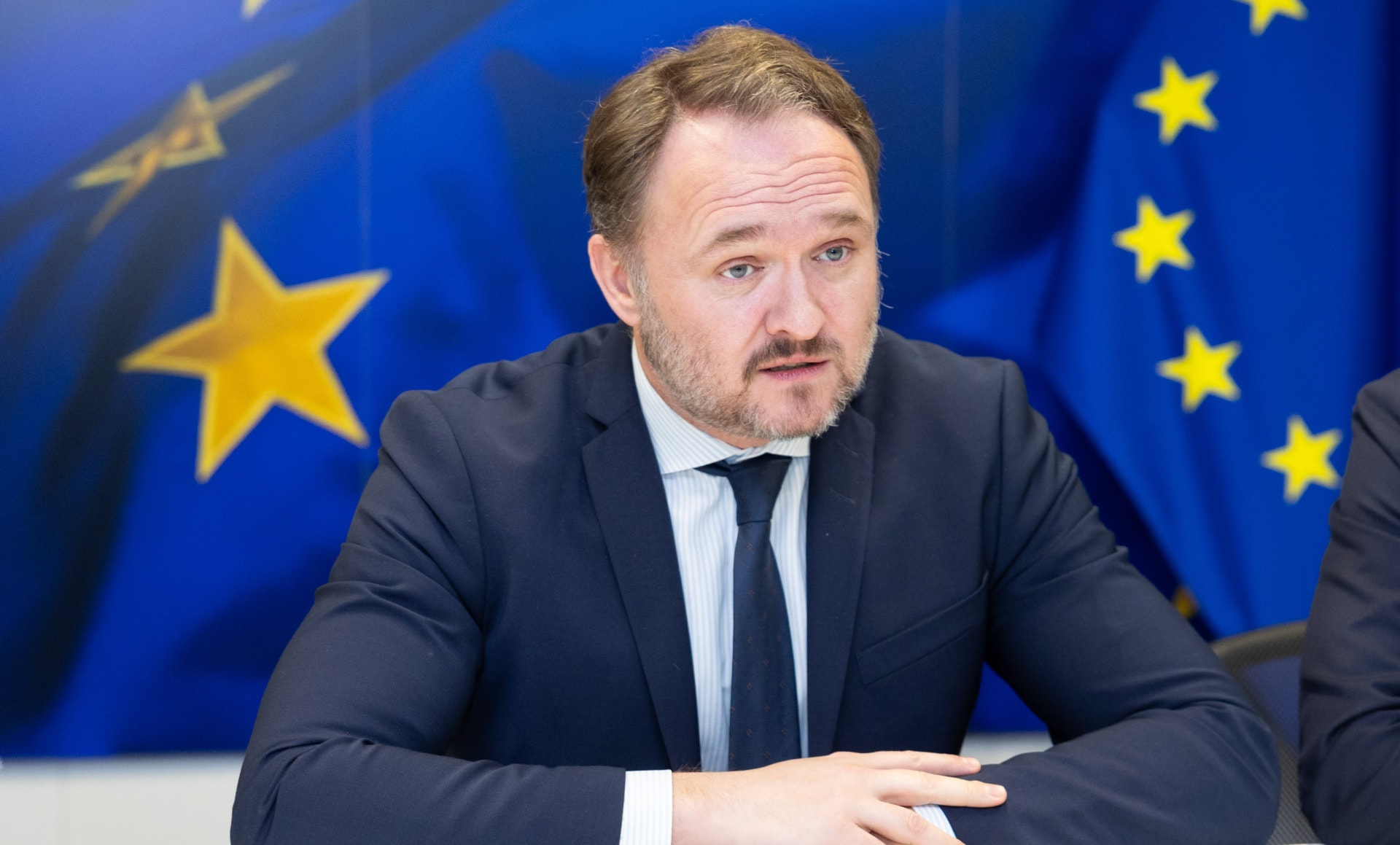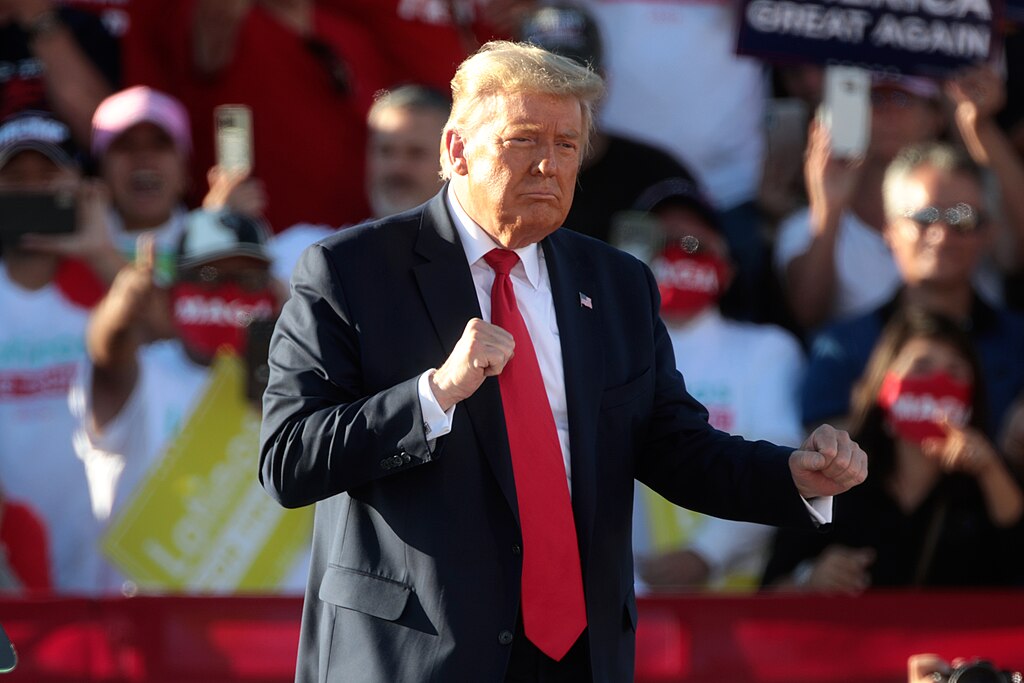This article was authored by ICLEI, a global network of more than 2,500 local and regional governments committed to sustainable urban development.
At COP28, one of the key themes emerging is the role of cities and local governments in climate action, a topic that has not received adequate emphasis in the current Global Stocktake (GST) text. Despite early momentum at the conference for subnational actors, this vital element of multilevel action is missing.
Leaders of city alliances and local government representatives urge governments to include local authorities in designing the next round of national climate action plans and not leave them out again.
The need for this inclusive approach is starkly evident in the words of State Representative Mesha Mainor from Georgia, USA, who reminds us, “It’s easy to make decisions without talking to people who are impacted.”
This statement captures a fundamental truth about policy-making: the people most affected by decisions are often those least consulted. Urban leaders play a crucial role in this context, as they are the ones who engage directly with local communities and represent their voices.
Their close connection with the grassroots level positions them uniquely to understand and advocate for the needs and concerns of their constituents, making their involvement in decision-making processes not just beneficial, but essential.
Related Articles: COP28: Climate Finance in the Spotlight | World Bank to Spend 45% of Its Financing on Climate-Related Projects | COP28: Danish Investment Firm Launches $3 Billion Clean Energy Fund
Adding to this, Mark Watts, Executive Director of C40 Cities, points out: “70% of energy is consumed in cities around the world, so you cannot tackle climate change without focusing on cities.” This fact underscores the pivotal role of urban areas in both the challenges and solutions to climate change.
“COP28 has seen unprecedented inclusion of local, regional and other subnational governments in the official agenda leading up to this point,” ICLEI Secretary General Gino Van Begin said in response. “It had also seen a groundbreaking recognition for the multilevel action through the launch of Coalition for High Ambition Multilevel Partnership for Climate Action (CHAMP), access to direct finance for subnational governments in the loss and damage text and through the outcome document of the Urbanisation Ministerial.”
"We are convinced that with CHAMP being implemented, we will see improvement towards the meeting of the Paris Agreement actions.” – Yvonne Aki-Sawyerr, Freetown Mayor, during the Ministerial Meeting on Urbanization and Climate Change on Multilevel Action Day. #COP28… pic.twitter.com/JsfgXdbnFj
— COP28 UAE (@COP28_UAE) December 6, 2023
The message of these government leaders has been clear: Countries can be more ambitious when they include multilevel governance and cooperation in their climate goals and plans. However, we are failing to see that same vision reflected in the currently negotiated Global Stocktake text.
ICLEI – Local Governments for Sustainability calls on all UNFCCC Parties — and in particular the 60+ signatories of CHAMP — to state clearly and explicitly in the GST Outcome texts the need to advance multilevel action in the new NDCs towards 2025.
ICLEI represents over 2,500 local governments committed to sustainable development and climate action and serves as the focal point for cities and regions to the UNFCCC through the Local Governments and Municipal Authorities (LGMA) Constituency.
On the road to COP28, analysis of more than 60 NDCs showed those nations that included urban components were more likely to increase their climate ambition. Now, here in Dubai, we must build a bridge to more ambitious 2025 NDCs by engaging all levels of government.
Editor’s Note: The opinions expressed here by the authors are their own, not those of Impakter.com — Featured Photo Credit: COP28 UAE.












